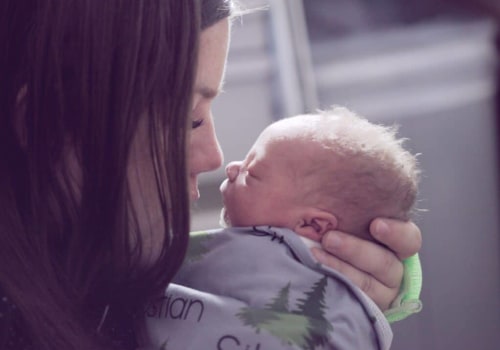Positive parenting is a parenting method that is based on respect and connection. When there is respect, children naturally learn to respect their parents and, as a result, behave better. So, if you're hoping to build a great relationship with your child in which the best behavior is due to love and respect rather than fear, positive parenting is the way to go. The connection tops my list because almost all negative behavior is usually due to a lack of connection.
Connection means letting children know that they are loved. You can set a certain time of day to give them your full attention. If it's a day off, you can make time to cuddle in the morning. Or you can make time to connect at night when children return from school, before bed, etc.
Empathy is a very useful positive parenting technique. Empathy means understanding and validating your child's feelings without any judgment. You can show empathy by describing what you see. And they don't know why they feel that way.
But we can still show empathy, name their emotions and offer them support. This helps children develop better emotional intelligence (EI) skills. Respect is one of the pillars of positive parenting. Gone are the days when you could give orders and children obey you without problems.
If you want children to comply with your requests and cooperate with you, respect is the parenting skill you need to develop. We want to raise children who motivate themselves. For that to happen, we must respect them and trust their ability to care for themselves. So what are the different ways to show them respect? In short, think about how you want your children to respect you.
And follow the same rules when you interact with them. Without setting boundaries and without discipline, children won't learn appropriate behavior. And they also need to experience the consequences of misbehavior. We follow a positive discipline because we believe that children should be treated with respect and dignity.
In positive discipline, we focus on correcting a child's behavior and not on shaming them for their actions. “There are no bad children, only 'bad behavior' is a motto we can follow. Positive discipline is based on love, connection, and guidance rather than shaming, judging and punishing. Setting boundaries is important in all types of relationships, including those between parents and children.
Like adults, uncertainty creates anxiety in children. Therefore, setting boundaries helps them feel safe. Over time, they learn which rules are worth breaking and which aren't. Sometimes they may have problems with boundaries and also try to overcome them to see what happens.
But their brains are underdeveloped and if they had the opportunity to watch YouTube videos 24 hours a day, 7 days a week, setting limits is the duty of parents without fear of children's reactions. We can offer empathy when they don't do their homework and when they have to face the consequences. But refrain from “correcting your mistakes”. It's up to them to do so.
You're a human and it's okay if you can't maintain a rock-solid consistency 100% of the time. The intention is to allow children to teach about consequences and to learn that some behaviors are unacceptable no matter what. Don't shout at me, say: “Can you speak with more respect? While these parenting issues can be frustrating, there are positive tips for parents on how to stay calm and encourage more acceptable behavior. Now, let's move on to the blog post and today I want to talk about the various positive parenting techniques you can learn to master positive parenting.












Leave Message